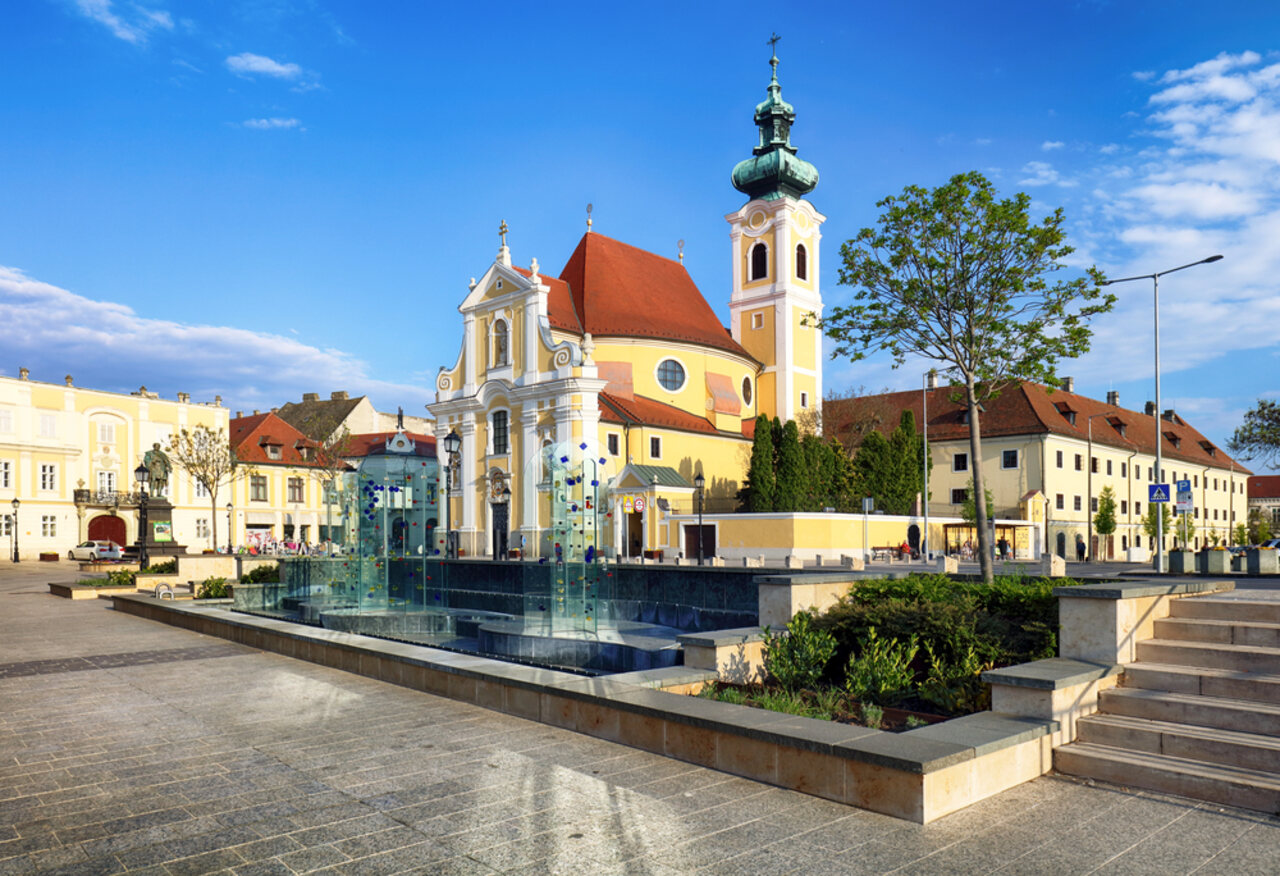When to act? Hungarian housing market set to surge with new loan program

Hungary’s housing market is already sky-high, but experts warn that the new state-backed Home Start loan program launching in September could drive prices up even further. Though the initiative is designed to help first-time buyers, it may in fact lead to price hikes in the HUF millions.
Housing price explosion over 15 years: Hungary among EU leaders
According to recent Eurostat data, home prices in Hungary have soared by 260% between 2010 and the first quarter of 2025, making the country one of the European Union’s top performers in real estate price growth, ATV reports. Only Portugal has seen a greater increase. While this is good news for property investors, it’s pushing more and more young people and first-time buyers out of the market. Meanwhile, rising rental prices are narrowing options even further.
What does the home start program offer?
Starting in September, Home Start will offer a fixed-rate mortgage with a 3% interest rate for first-time homebuyers, with a loan cap of up to HUF 50 million, regardless of marital status or whether the applicant has children. In contrast, previous subsidy programs like CSOK Plusz were only available to certain family types and came with stricter limits.

The attractive interest rate could be a major draw: market loans averaged 6.7% in May, which means borrowers could save as much as HUF 100,000 (EUR 250) per month on a loan of this size. Additionally, the program can be combined with other subsidies, further boosting demand.
Demand to spike, but what about prices?
Historically, whenever the Hungarian government launches a major subsidy program, prices tend to jump. In the first six months following the introduction of programs like CSOK, the baby loan, and CSOK Plusz, home prices surged by as much as 10%, and in some cases even 20% within a year, according to Telex.
Experts are expecting a similar scenario this time. According to Mfor, average home prices in Budapest could rise by HUF 1–2 million (EUR 2,500–5,000) due to the program. In rural areas, prices may climb even more sharply, as the HUF 1.5 million (EUR 3,750) per square meter price cap has less of an impact outside the capital. Smaller units under 40 square meters—which are especially popular with first-time buyers—have already seen rapid price increases, a trend likely to intensify.
Market implications and the risk of speculation
Although the program targets financially limited young buyers, some fear that wealthier individuals may exploit the system, either for investment purposes or by involving family members. With a 3% loan on HUF 50 million (EUR 125,000), those able to invest that sum at higher market rates could gain a significant financial advantage.

According to the Hungarian Central Bank, nearly HUF 300 billion (EUR 750 million) in household savings, much of it from bond yields, flowed into the real estate market at the end of 2024 and early 2025.
Many rushing to buy now
Experts say it may be wise to close a property deal before the program launches in September, especially for those not eligible for the subsidised loan. Delaying a purchase could lead to significantly higher prices later on. On the other hand, eligible buyers should take advantage of the opportunity while being aware that rising demand won’t be matched by an equally fast increase in supply, pushing prices even higher.
Deeper reforms also needed
While Home Start may be a step in the right direction for young buyers, experts emphasise it won’t solve the market’s underlying structural issues. Increasing housing supply—through rental housing programs and simplified construction regulations, for example—is essential to making housing truly affordable for broader segments of society.
Read more news about the Hungarian property market on Daily News Hungary!
Recommended articles:
- Orbán unveils 3% home loan deal for first-time buyers – Here’s who can cash in
- Good news: Prices on Hungarian real estate market fall significantly, buyers gain upper hand
Featured image: depositphotos.com
To read or share this article in Hungarian, click here: Helló Magyar







